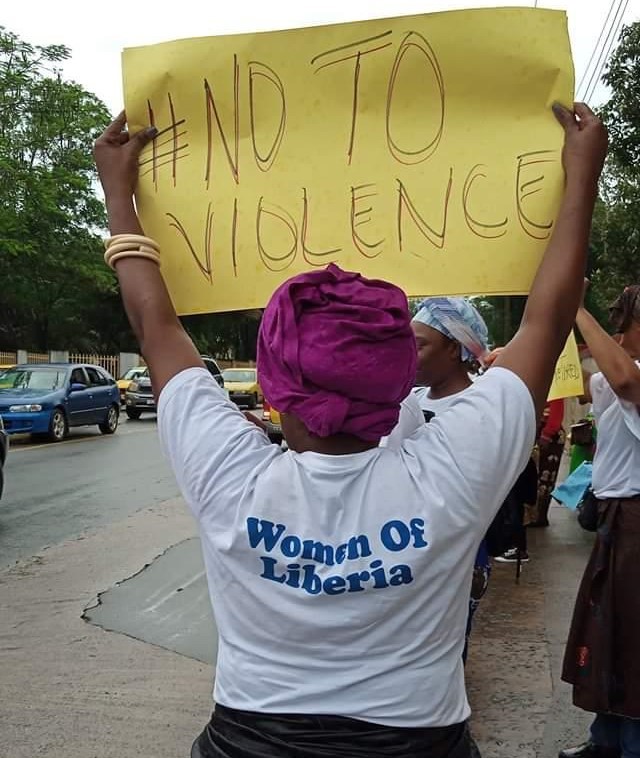Stresses The Need To Preserve Harmony
Amidst the collective struggle for justice and equality, the African Women Leaders Network–Liberia Chapter (AWLN-Liberia Chapter) calls on all Liberians, national leaders, and the security apparatus to demonstrate peaceful conduct and respect for the Rule of Law as we continue to advocate for change.
AWLN- Liberia notes that said demonstration will continue to gain significant national and international attention if we, as Liberians, act in manners that preserve the peace and foster dialogue for the transformation we seek as a nation and people.
AWLN-Liberia Chapter says the recent incidents of violence, such as stoning the police and engaging in acts of vandalism against vehicles, should be replaced with peaceful assemblies and dialogues. Liberians must recognize that resorting to violence not only jeopardizes the cause for which a protest is initiated but also undermines the peaceful atmosphere we aim to cultivate.
AWLN-Liberia Chapter is convinced that the August 22, 2024 incident contradicts the principles of non-violence, mutual respect, and inclusivity that lie at the heart of fundamental rights and the Rule of Law. Therefore, AWLN Liberia kindly requests all protesters, national leaders, and patriotic citizens to join in reaffirming our shared commitment to peaceful protest and constructive dialogue.
AWLN-Liberia Chapter says peaceful protest is not only impactful but also necessary for long-lasting change for the following reasons and more:
- Honoring the Purpose: Demonstrations sharpen focus on societal injustices and inequalities. Gathering peacefully ensures that the message remains focused on the issues, raises awareness among the general public, and generates support from all corners of our community.
- Unity and Solidarity: Peaceful protests unite us in our cause, allowing us to demonstrate the strength of our collective voice. We Liberians must remember that our objective is to create a better future together, and violence only creates division, sowing seeds of conflict that hinder our progress.
- Garnering Empathy: Peaceful protests generate empathy from onlookers, enabling them to empathize with our experiences and struggles. By maintaining a non-violent stance, we enhance the likelihood of forging alliances with influential figures and broadening support for the issues.
- Shaping Public Opinion: By committing to non-violent demonstrations, we ensure that the stories documented and shared in the media reflect the injustice we aim to rectify rather than sharpening focus on destructive actions that undermine the goals.
AWLN, therefore, urges Liberians to refrain from all forms of violence during their protest. Let us collectively engage in peaceful actions and assemblies, encouraging dialogues with the relevant authorities and promoting constructive discussions among ourselves.
Remember Dr. Martin Luther King, Jr’s inspirational words: “Darkness cannot drive out darkness; only light can do that. Hate cannot drive out hate; only love can do that.” By embodying peace, love, and unity in our protests, we can inspire real change and pave the way for a fairer and more just society.
In conclusion, AWLN-Liberia emphasizes that the essence of democracy is having a government and an opposition that may agree and disagree but work in harmony for the good of the country’s citizens.
We Liberians must redouble our efforts to ensure that our country remains peaceful and its citizens respect each other’s rights. We can bring about transformational change in our country by fostering understanding, pressing for justice, and promoting unity.

